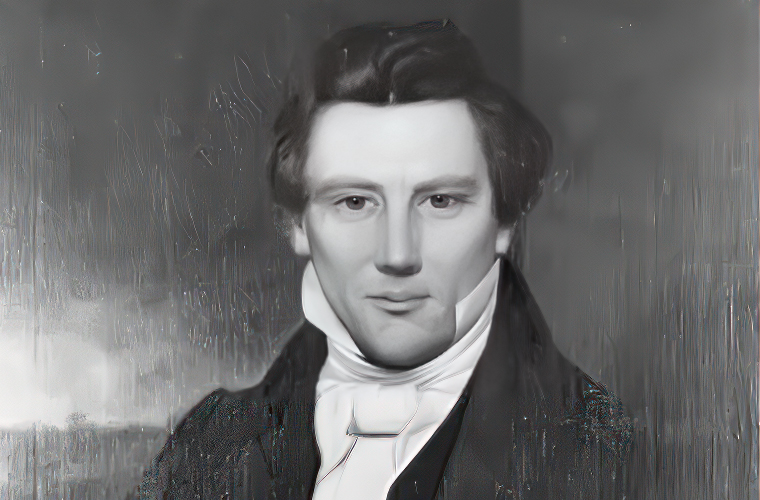Joseph Smith, the founder of the Church of Jesus Christ of Latter-day Saints (LDS Church), has been accused of racism by some critics. Some of these criticisms are based on statements he made and actions he took during his lifetime.
For example, some critics point to statements made by Joseph Smith that referred to Native Americans as “a dark, filthy, and loathsome people” and suggested that they were “the remnant of the house of Israel.” These statements have been criticized as reflecting a racist and Eurocentric worldview that devalues non-white cultures and perpetuates harmful stereotypes. Joseph Smith also allowed for the practice of slavery among members of the LDS Church in Missouri during the 1830s and 1840s. While it is worth noting that the church officially opposed slavery and advocated for its abolition in the years leading up to the American Civil War, the fact that Joseph Smith allowed for the practice of slavery among his followers has been criticized as reflecting a lack of moral leadership on this issue.
It is important to note, however, that there are also many statements and actions by Joseph Smith that contradict these criticisms and suggest that he was not a racist. For example, he publicly denounced slavery on multiple occasions and helped to establish a community in Nauvoo, Illinois, that was racially diverse and inclusive. Furthermore, it is worth noting that the LDS Church has issued several official statements in recent years disavowing past racist beliefs and practices within the church and advocating for racial equality and inclusivity. These statements have been welcomed by many within and outside the church as an important step toward promoting racial justice and understanding.
In conclusion, while Joseph Smith has been criticized for statements and actions that some perceive as racist, it is important to consider the full context of his life and teachings. While some of his statements and actions may be problematic by modern standards, it is also clear that he advocated for racial equality and inclusivity in other ways and that the LDS Church has taken steps to distance itself from past racist beliefs and practices.

